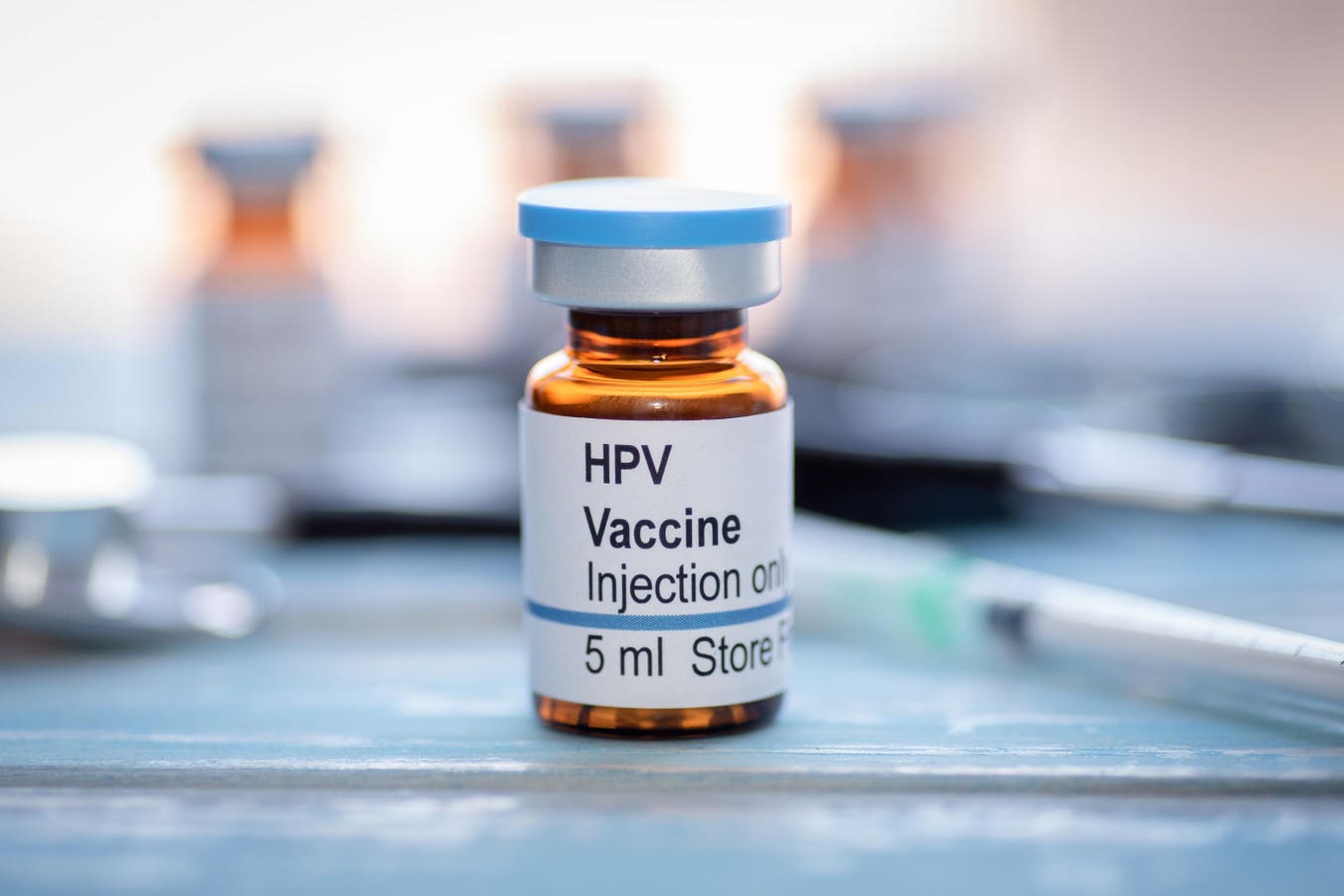England will eliminate cervical cancer within the next 20 years, health bosses promised this week.
The country will increase access to HPV vaccination and screening in a push to “eradicate” the disease and spare “thousands more women the pain and worry of cancer.”
Amanda Pritchard, who leads England’s public health system, the National Health Service, told a conference that the country wanted to be “one of the first… in the world” to eliminate the illness.
For cervical cancer, “elimination” means lowering the rate of the disease to 4 cases for every 100,000 “woman years,” according to the World Health Organisation.
Cervical cancer is almost always linked to infection with Human Papillomavirus (HPV), which can be prevented with highly effective shots. With high vaccine uptake and thorough screening programs, countries can dramatically reduce rates of the disease.
Because of this, the WHO is also targeting cervical cancer. This week also marked three years since the WHO launched a “global strategy” to end the disease.
HPV itself is very common and spreads through skin to skin contact, often during sex. Most sexually active people who aren’t vaccinated against the virus will catch it at some point in their life.
There are many types of HPV, most cases of which cause no noticeable symptoms and clear up on their own. Most of these infections won’t lead to cancer.
Some types, however, can lead to cancer in the cervix, vagina, vulva, anus, penis and the back of the throat.
Vaccines to prevent HPV are normally given to children aged 12 to 13 in schools, before they are likely to have caught the virus. This is estimated to prevent hundreds of cancers in England every year.
Many people who did not get the shots when they were younger are still eligible for free “catch up” vaccinations in the country.
Health leaders plan to deliver the shots in more community settings, as well as targeting outreach to raise awareness of its benefits and increase uptake.
“It’s truly momentous to be able to set out such an important and life-saving ambition today,” Pritchard said. “To eliminate cervical cancer would be an incredible achievement. And through a combination of our HPV vaccination programme and our highly-effective cervical cancer screening programme it could become a reality in the next two decades.”
Miriam Deakin, director of policy and strategy at industry group NHS Providers, who organised the conference, said her organisation welcomed NHS England’s “foreward-thinking” goal.
She said that measures including targeting outreach, expanding vaccine services in community settings and using technology like apps would help “ensure that health services are more responsive to the needs of diverse communities.”
But she cautioned that adequate financing and strong public health messaging would be crucial to increasing uptake to the vaccine.
“Ensuring healthcare staff have the resources and training needed to effectively implement these plans is crucial for successm” she said. “A focus on education and increasing public awareness about the importance of human papillomavirus vaccination and regular cervical screening is also vital.”
Read the full article here





